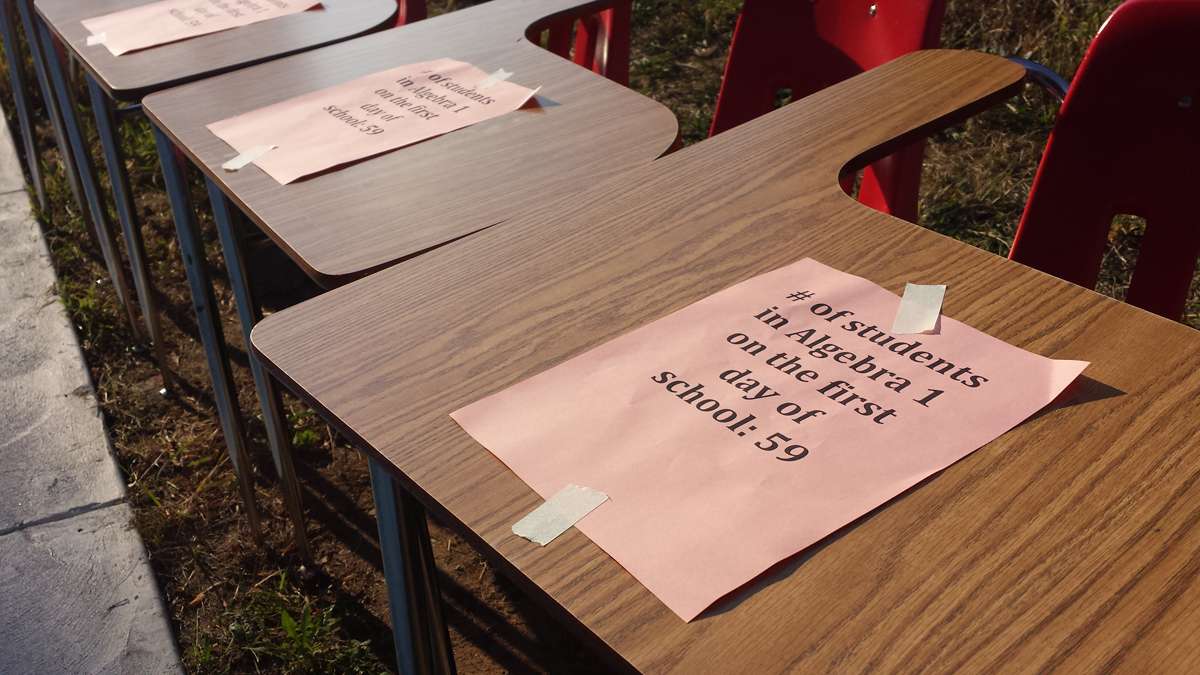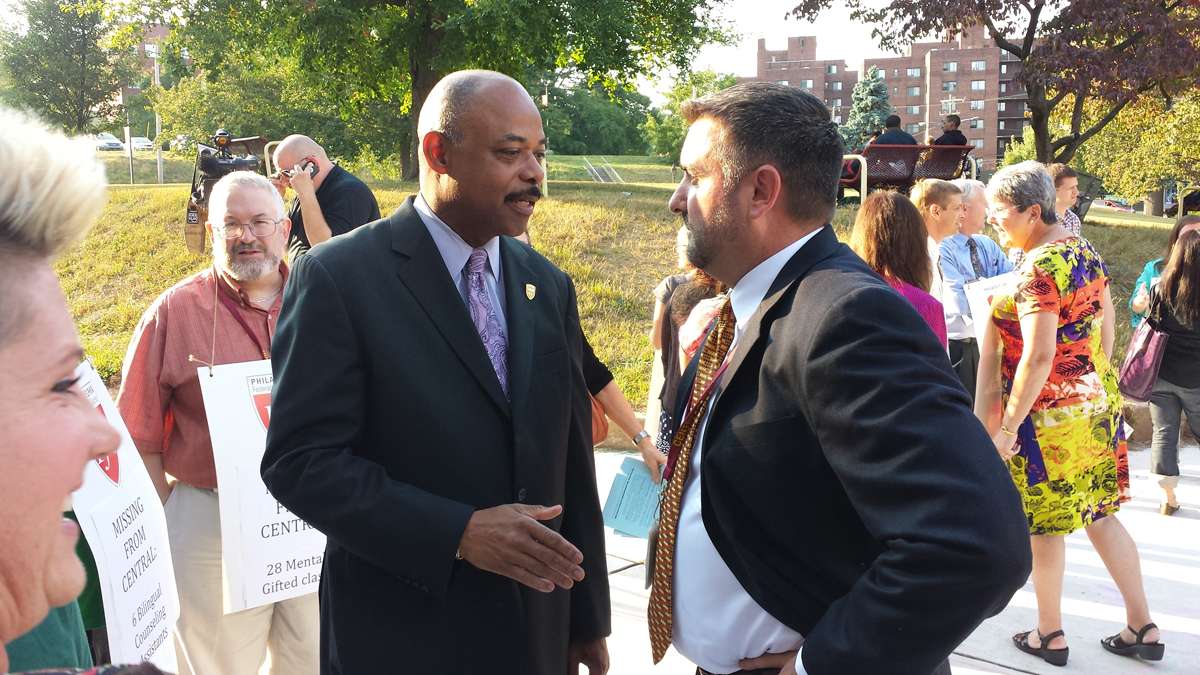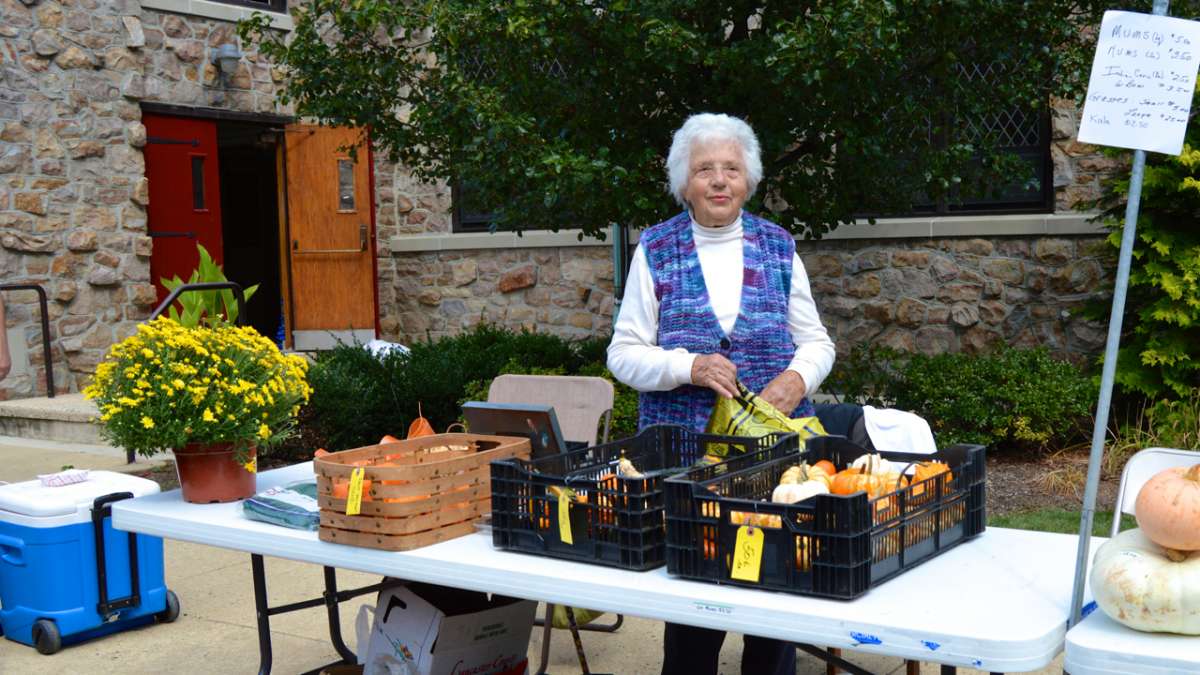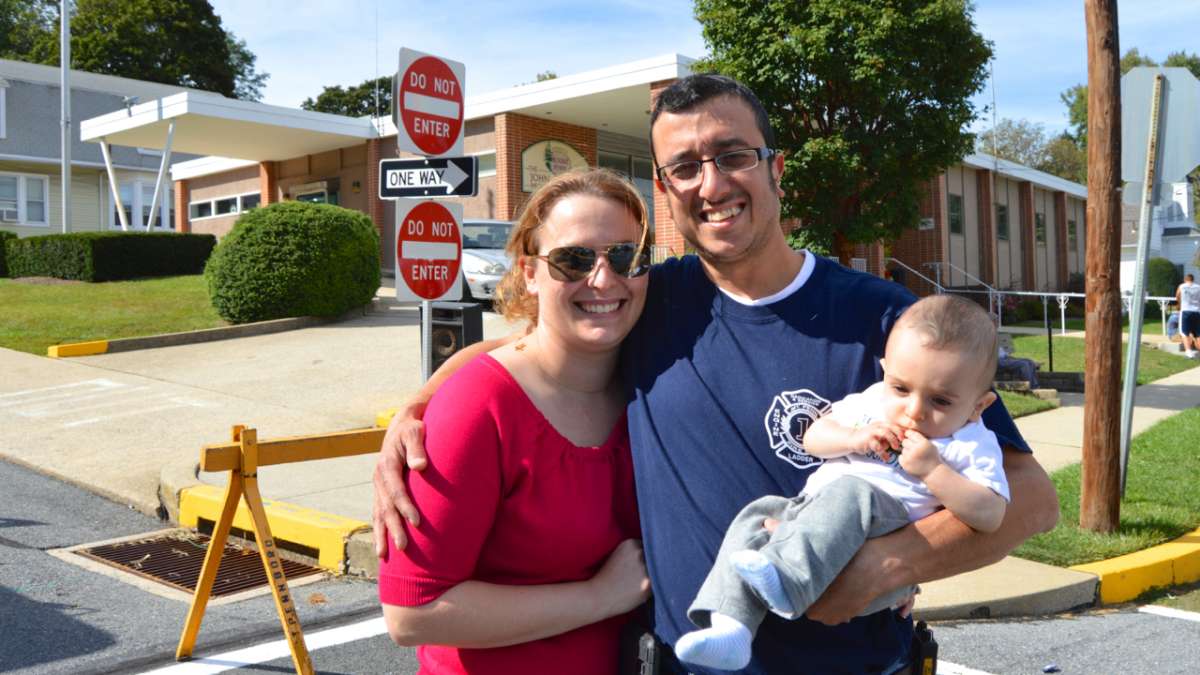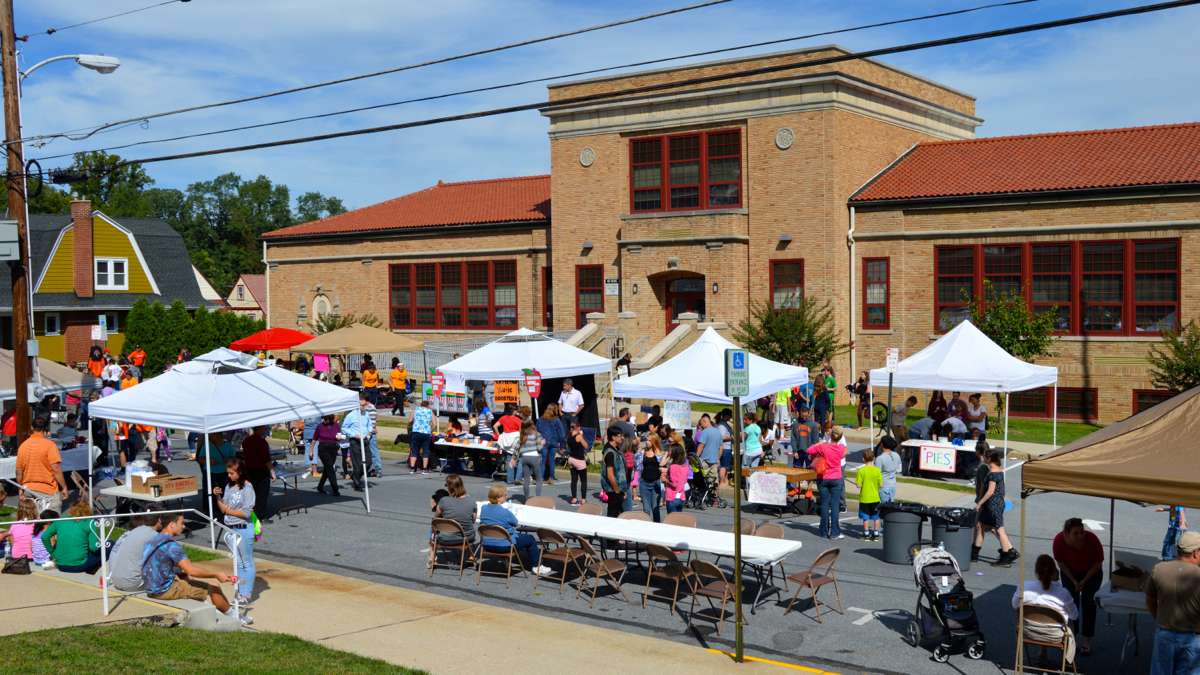A new municipality in Antietam Valley?
ListenTwo Berks County communities are asking residents to vote on whether they should consolidate and form a new municipality.
Pennsylvania has more local governments than any other state except Texas and Illinois. There are some downsides to this, including the inefficiency and expense of duplicated services, and the potential for competition among municipalities.
State law allows municipalities to consolidate or merge, but it doesn’t happen all that often because the process can be fraught with tension. But two communities in Berks County are trying to give it a shot— this November, residents will vote on whether they should consolidate and form a new municipality.
One community, one government
At Mount Penn’s annual block party, councilman Kurt Miller hangs out in front of a booth by the borough building. There are piles of fliers on a table and a sign emblazoned “The Historic Antietam Valley: One Community, One Government.”
Miller’s trying to get the word out about the proposed consolidation of the borough of Mount Penn and the township of Lower Alsace. If residents from both communities vote for the consolidation, the two municipalities will combine to form the brand new Municipality of Antietam Valley.
Why consolidate?
“The studies we did show there could be major potential savings if we consolidate,” said John Theodossiou, a Lower Alsace supervisor. Theodossiou is, like Miller, part of the six-person consolidation committee.
Consolidating means the communities could cut down on elected officials (the plan is to go from 7 councilmembers in Mount Penn and 3 supervisors in Lower Alsace to five officials, total). And consolidating under a new home rule charter means more flexibility in setting tax rates, including the ability to raise earned income tax. One key money-saving advantage is the ability to bring all municipal employees together under one benefits plan.
Paul Janssen is director of the Center for Excellence in Local Government at Albright College, which helped with the consolidation study. He added up the estimated annual savings (including cuts on expenses and potential new revenues) to equal around $248,000, which is about 15% of the municipalities’ current individual expenditures.
Janssen says it’s about economies of scale: “The opportunity to consolidate your operations allows you to really look at real savings.”
Negotiate and compromise
The savings may sound good, but it’s worth noting that mergers and consolidation attempts are often unsuccessful. In fact, this isn’t the first time Lower Alsace and Mount Penn looked into it. Last year, another consolidation study was cut short when, as one official said, “egos got in the way.” And statewide, there have been 37 merger or consolidation proposals that have made it to the ballot since 1975, but of these 37 only 14 were approved by a majority vote.
Gerald Cross is Executive Director of the Pennsylvania Economy League’s Central Division. He said consolidation isn’t always a good financial solution and it’s not a quick fix–struggling communities bring their baggage with them. And the process itself can be really complicated because it requires a lot of compromise. He likened merging or consolidating to two people moving in together—everything has to be negotiated.
“Some mergers,” said Cross, “hinged on the issue of whether or not snowplowing would happen from curb to curb or just down the middle of the street.”
Cross said another major hurdle is how emotional it can be. Communities don’t like the idea of losing their names, their identity. A lot hinges on whether the communities get along.
“The successful mergers, interestingly enough, we found didn’t necessarily succeed because people felt they were saving money,” said Cross. “They succeeded because they were familiar with each other. And they kind of knew each other.”
Shared services, shared community
This sense of community is something Mount Penn and Lower Alsace have going for them. The two municipalities already share a police department, a school district, and water and sewer services. Some residents admitted they’re not even sure where one municipality stops and the other begins.
Former Mount Penn councilwoman Edna Mae Black said she’s still trying to decide whether she’ll vote for a consolidation.
“I’m not quite sure what will be the best,” said Black. “I’m just not for change like some people.”
But most of the folks I talked to support it. Like Theresa Lubas.
“I think it’s a good idea, because it’s such a small community and we share all the services anyway. I think I only see it as being beneficial,” said Lubas.
Mount Penn and Lower Alsace residents have until election day to decide whether to cast a vote for or against the consolidation.
WHYY is your source for fact-based, in-depth journalism and information. As a nonprofit organization, we rely on financial support from readers like you. Please give today.



